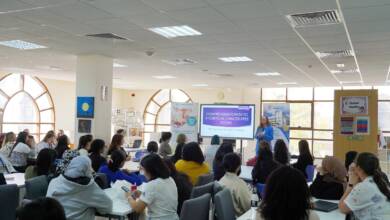Coronavirus: can vitamin D help protect us from Covid-19?
Early studies have shown that people with vitamin D deficiencies are more at risk of becoming seriously ill
While scientists race to develop effective antiviral drugs and vaccines against Covid-19, the potential role of sunlight in fighting the deadly virus has begun making headlines.
They follow research that suggested the ultraviolet radiation in sunlight can boost the disease-fighting immune system, and may even sterilise the air we breathe.
What connects Covid-19 infection and sunlight exposure?
Most attention is focused on the role of vitamin D, which is produced by the skin when exposed to the ultraviolet radiation in sunlight.
While often linked to bone health, vitamin D is also known to work with cells in the immune system that combat respiratory viruses.
This has led to suggestions that people low in vitamin D may be at higher risk of contracting Covid-19.
Does this explain why countries like the UAE have less Covid-19?
It seems obvious that people in sunnier countries will be at less risk of vitamin D deficiency, and thus better protected against the virus.
But as so often with human health, it’s not that simple.
Low levels of vitamin D are a global health problem, with sunny countries such as Italy and Spain having lower vitamin D levels than average.
The UAE is a case in point. A study published in 2017 estimated that 90 per cent of the population may be deficient.
One reason may be the sheer intensity of the sunlight in hot countries, driving people to seek shelter.




